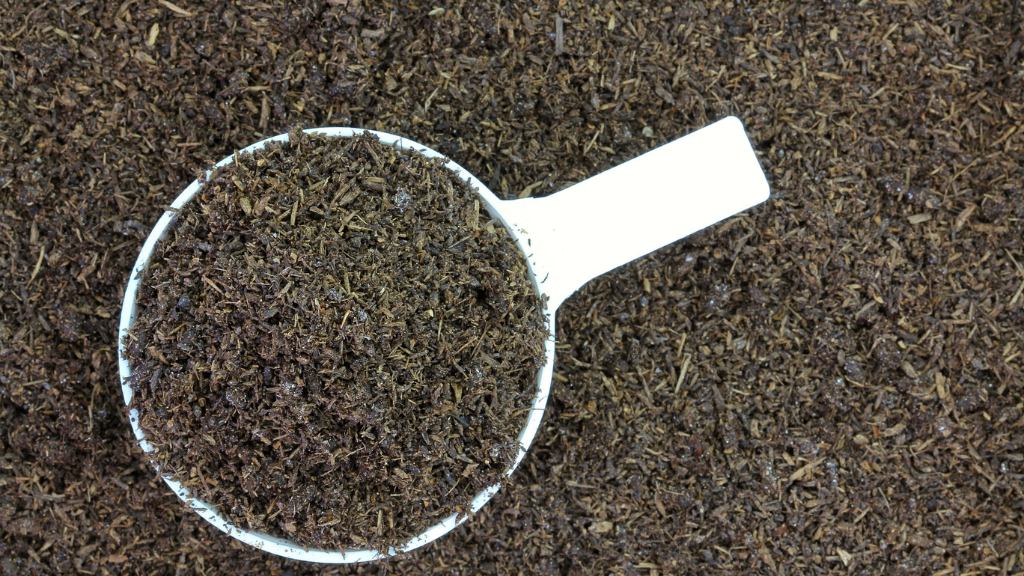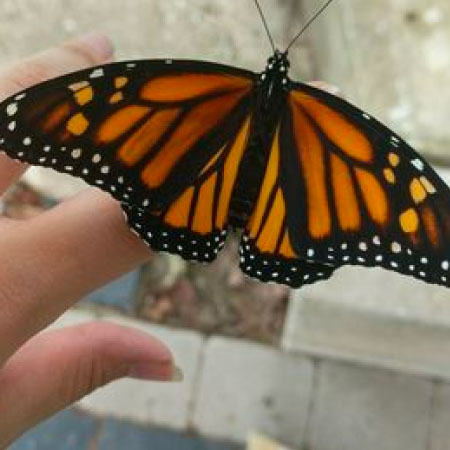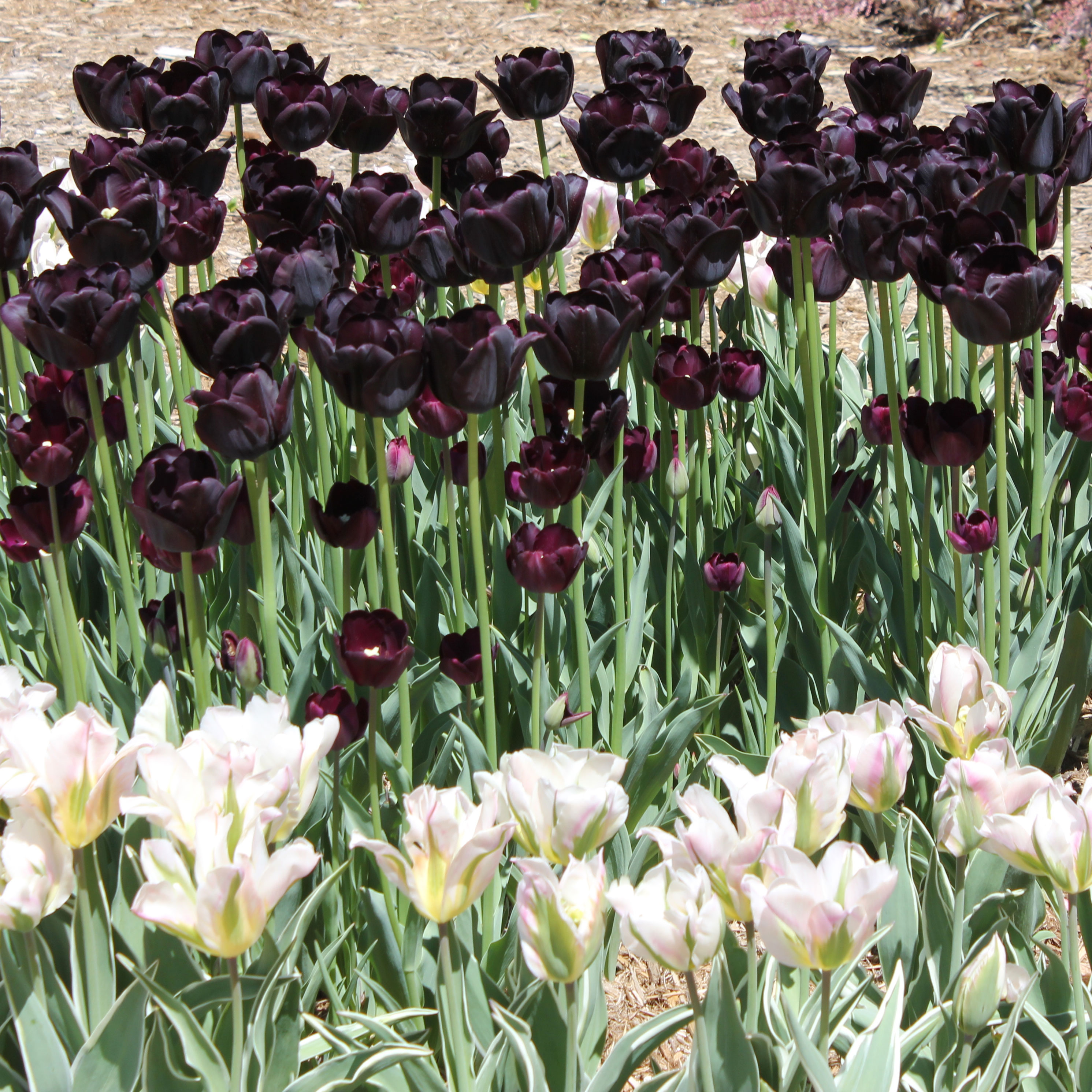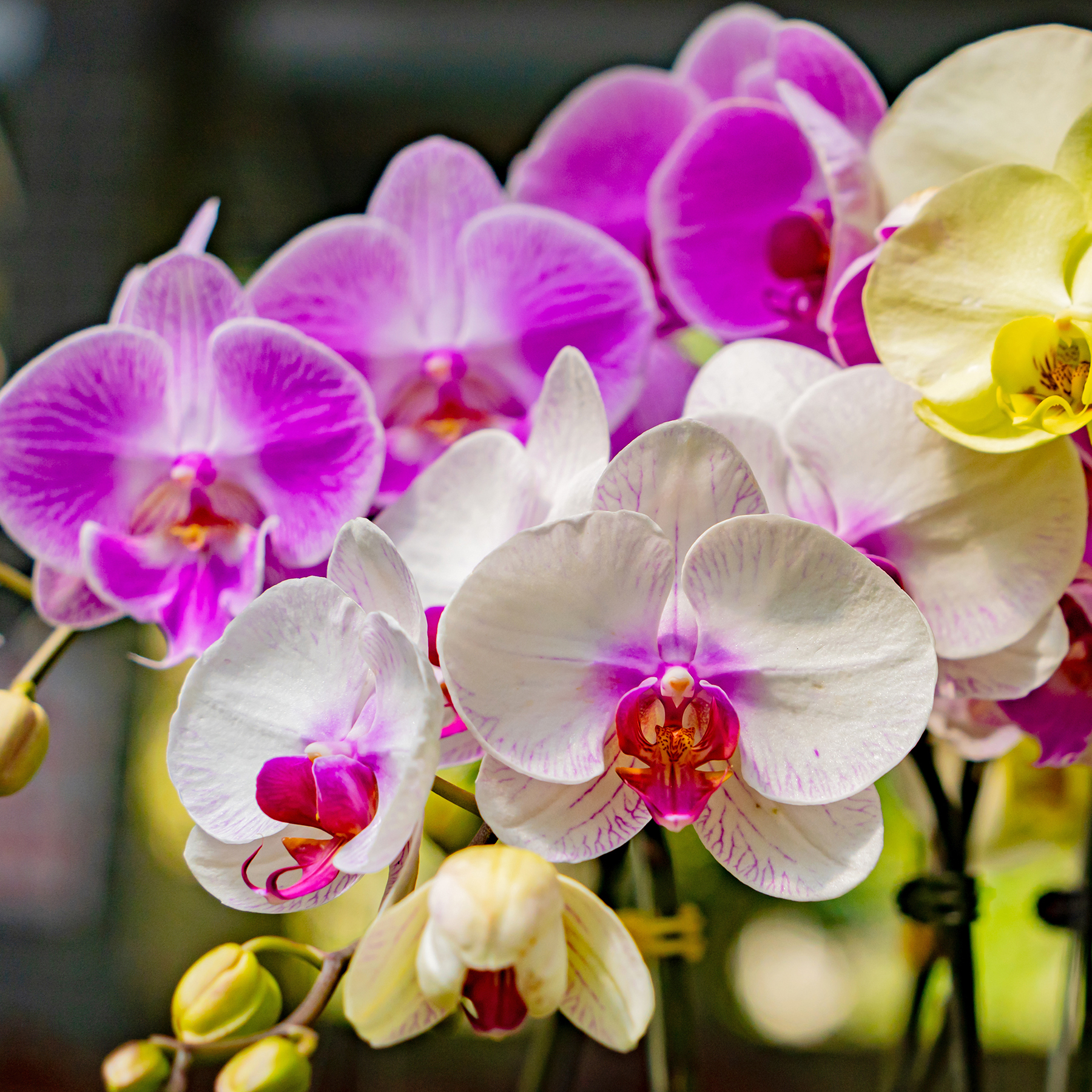Top 5 Organic Fertilizer Options


Using organic fertilizers is beneficial because they can be safer for plants, people and animals than chemical fertilizers. In addition, organic fertilizers tend to work like slow release fertilizer, slowly releasing low doses of nutrients over a period of time. This allows plants to take up the nutrients better and also prevents fertilizer burn. Most of us are familiar with compost, which is one of the best types of organic fertilizers you can use. But what other types are there? These days there are many organic fertilizers available to purchase for the garden, and many of them include age-old tricks that farmers and gardeners have passed down through generations. Here are 5 of the top organic fertilizers and their benefits:
1. Bone Meal
Bone meal is an organic fertilizer that is high in phosphorus and calcium. It is low in nitrogen so it does not burn plant roots. It slowly releases nutrients into the soil. Bone meal is made from pulverized, powdered animal bones, usually obtained from slaughter houses. Using bone meal as a fertilizer became popular in the early 19th century and has remained a go-to source for phosphorus and calcium in the garden.
2. Fish Meal/Fish Emulsion/Hydrolyzed Fish
Native Americans and many other ancient cultures used fish waste and byproducts as a natural fertilizer. Fortunately, today fish fertilizer products are available already made and deodorized. Fish fertilizers provide an excellent source of nutrients for plant, especially readily available nitrogen. Fish fertilizers are available in three forms: fish meal, fish emulsion and hydrolyzed fish. Fish meal is made from dried fish waste. Fish emulsion is a blended mixture made from fish waste. Hydrolyzed fish is made from the entire parts of fish. Fish fertilizers make excellent foliar sprays to green up chlorotic plants.
3. Earthworm Castings
Earthworm castings are, in short, earthworm poop. They are an excellent fertilizer for flowers and edibles. In addition to providing valuable nutrients organically, they also help repel pests like aphids, spider mites and nematodes. Earthworm castings can be bought in most garden centers or hardware stores, or you can make your own at home with a process known as vermicomposting.
Gardening tips, videos, info and more delivered right to your inbox!
Sign up for the Gardening Know How newsletter today and receive a free copy of our e-book "How to Grow Delicious Tomatoes".
4. Kelp Meal/Seaweed
Kelp meal, seaweed meal and calcified seaweed are all nutrient-rich organic fertilizers made from seaweed. Seaweed is the ocean's natural filtration system. As water flows past seaweed, it collects and absorbs a wide variety of trace elements and nutrients. Organic fertilizers made from seaweed are becoming increasingly popular because of the nutrients they provide plants, but also because it quickly grows back after being harvested.
5. Animal Manure
Using animal manures as organic fertilizers goes back to the dawn of agriculture. While packaged manure products are available for purchase, many homeowners these days are choosing to raise chickens, horses and cows and use their own homemade composted animal manures. It is important to note that raw manures are extremely high in nutrients and can burn plants. It is recommended that animal manures be composted or cured prior to use.
-
 Moody Blooms For Spring: 8 Types Of Black Flowers To Add Drama To Spring Displays
Moody Blooms For Spring: 8 Types Of Black Flowers To Add Drama To Spring DisplaysFrom midnight burgundies to inky violets, several types of black flowers can enrich and embolden a spring display. Try these brooding bloomers for a moody garden
By Tonya Barnett
-
 My Homemade Orchid Fertilizer Always Brings More Blooms – Here's The Easy Recipe That Transforms Plants
My Homemade Orchid Fertilizer Always Brings More Blooms – Here's The Easy Recipe That Transforms PlantsScientist-turned-gardener Mary Ellen Ellis shares her tried-and-tested DIY orchid fertilizer recipe, plus more ingredients to try for healthy, happy plants.
By Mary Ellen Ellis